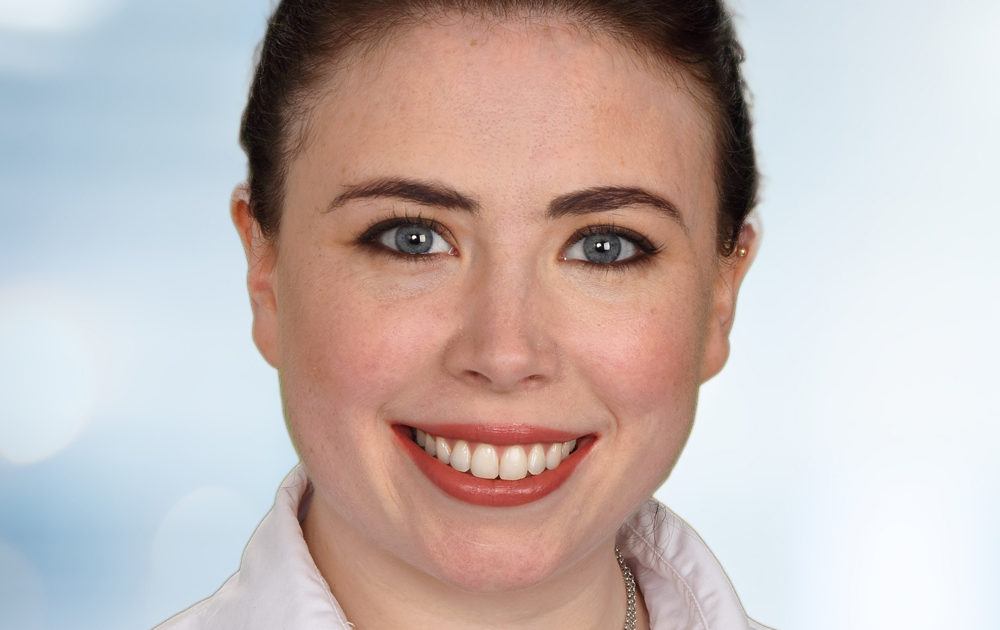
Neurosurgery Research Fellow Dr. Lena Houlihan Earns Vesalius Award
A prize-winning paper authored by Lena Mary Houlihan, MD, a neurosurgery research fellow at Barrow Neurological Institute, is now published in the Journal of Neurosurgery.
The American Association of Neurological Surgeons presented Dr. Houlihan with the 2020 Vesalius Award for her paper: From Krönlein, through madness, to a useful modern surgery: the journey of the transorbital corridor to enter the neurosurgical armamentarium. The AANS grants the award each year to the highest-graded abstract submission with a focus in the history of neurosurgery.
Dr. Houlihan’s paper takes a deep dive into the evolution of the transorbital surgical approach—from its beginnings in ophthalmology, to the controversy that stunted its development, and ultimately to its resurgence in popularity due to modernization of the technique.
The paper is part of Dr. Houlihan’s thesis project. She is pursuing a PhD in neuroscience through the Arizona State University-Barrow Neurological Institute PhD Program.
Dr. Houlihan is fascinated with the transorbital approach because of its recent incorporation into endoscopic skull base surgery and its minimally invasive principles. Transorbital neuroendoscopic surgery (TONES) involves entering the skull base through the eye socket rather than opening up the skull with a traditional craniotomy. With the reinvention of this surgical approach, there is a lot to investigate, she says.
Dr. Houlihan began her research fellowship in the Loyal and Edith Davis Neurosurgery Research Laboratory at Barrow in August 2019. She will complete her fellowship this summer and expects to graduate from the PhD program this fall. She will then return to Ireland to finish her neurosurgery residency.
Dr. Mark Preul, director of neurosurgery research at Barrow and a contributing author on the paper, said this is the 12th time the Vesalius Award has been given to a trainee in the Neurosurgery Research Lab at Barrow since the AANS established the award in 2001.
“It is a huge honor, and I felt very privileged,” Dr. Houlihan said.
Drs. Evgenii Belykh, Xiaochun Zhao, and Michael G. J. O’Sullivan also contributed to the paper.
